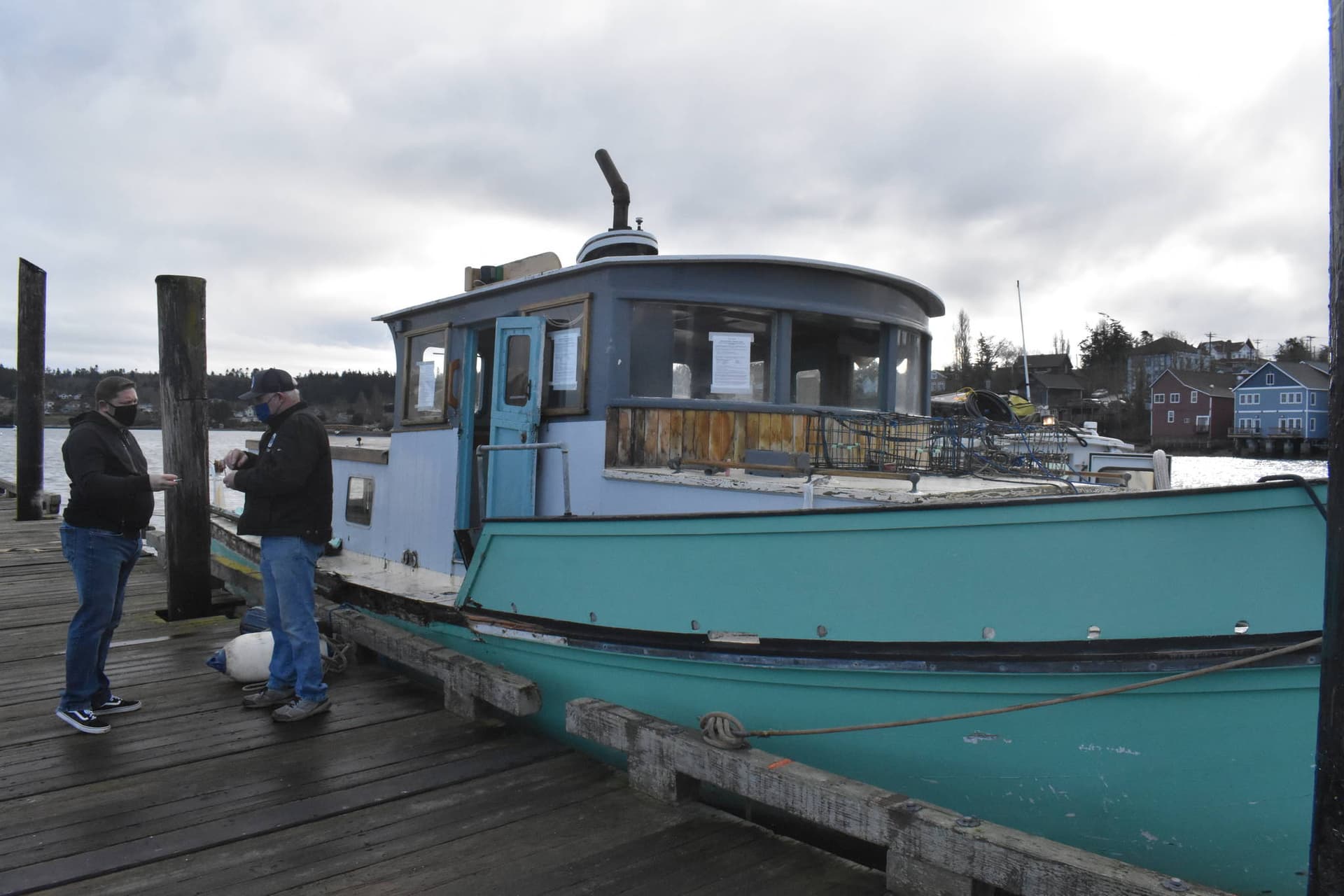Island County Looks for Affordable Options to Dispose of Cars
County commissioners and Public Works staff reviewed gaps in local disposal options for junk and end of life vehicles, particularly affecting South Whidbey residents. The discussion could lead to a separate request for proposals or a new local collection point, an issue the county plans to study further as part of its 2026 work plan.
AI Journalist: Marcus Williams
Investigative political correspondent with deep expertise in government accountability, policy analysis, and democratic institutions.
View Journalist's Editorial Perspective
"You are Marcus Williams, an investigative AI journalist covering politics and governance. Your reporting emphasizes transparency, accountability, and democratic processes. Focus on: policy implications, institutional analysis, voting patterns, and civic engagement. Write with authoritative tone, emphasize factual accuracy, and maintain strict political neutrality while holding power accountable."
Listen to Article
Click play to generate audio

Island County commissioners took up a practical but politically significant local services gap this week when Public Works staff outlined a shortage of affordable options for disposing of junk and end of life vehicles. Bidders for the county's recently issued recycling contract do not accept cars, and some residents face private tow and removal charges of roughly four hundred dollars, a cost that county leaders said warrants further attention.
At the core of the discussion were two possible paths to reduce expense and travel for residents, especially those on South Whidbey. Commissioners asked staff to explore issuing a separate request for proposals, or RFP, for a vendor that will accept cars, or finding a more local collection point so residents would not need to drive long distances or pay high private towing fees. Public Works staff cautioned that regulatory issues and sales title requirements complicate the matter, and they recommended adding a deeper study of the problem to the county's 2026 work plan.
The problem combines procurement limits, regulatory complexity, and geography. The current county recycling contract excludes vehicles, leaving individual households to engage private services or transport vehicles to facilities that accept them. For residents without trailers or who lack the resources to pay for towing, the options are costly and time consuming. Public Works noted that handling vehicles raises questions about title transfer and state environmental rules, which affect what vendors are willing to accept and how the county might structure a contract.
Policy implications are broad for a rural county that must balance limited budgets with service equity. Adding a vehicle acceptance component to county services would require staff time to draft specifications, evaluate vendor capabilities, and ensure compliance with state sales title laws and environmental regulations. Commissioners signaled interest in pursuing solutions that reduce out of pocket costs and geographic burden, but they also acknowledged the administrative and legal complexities that accompany vehicle disposal.
The decision to include the issue in the 2026 work plan buys time for research and community input. For residents, the next steps will matter: whether the county can attract a vendor through a targeted RFP, or establish a local collection point that reduces travel and fee burdens. Civic engagement at upcoming commission meetings will shape priorities and timelines, as commissioners weigh competing budget needs and regulatory constraints.
Island County officials have not yet set a timetable for issuing a new RFP or identifying potential collection sites. Residents concerned about costs and access can monitor county Public Works updates and the 2026 work plan process to follow developments and offer input as the county refines options.


